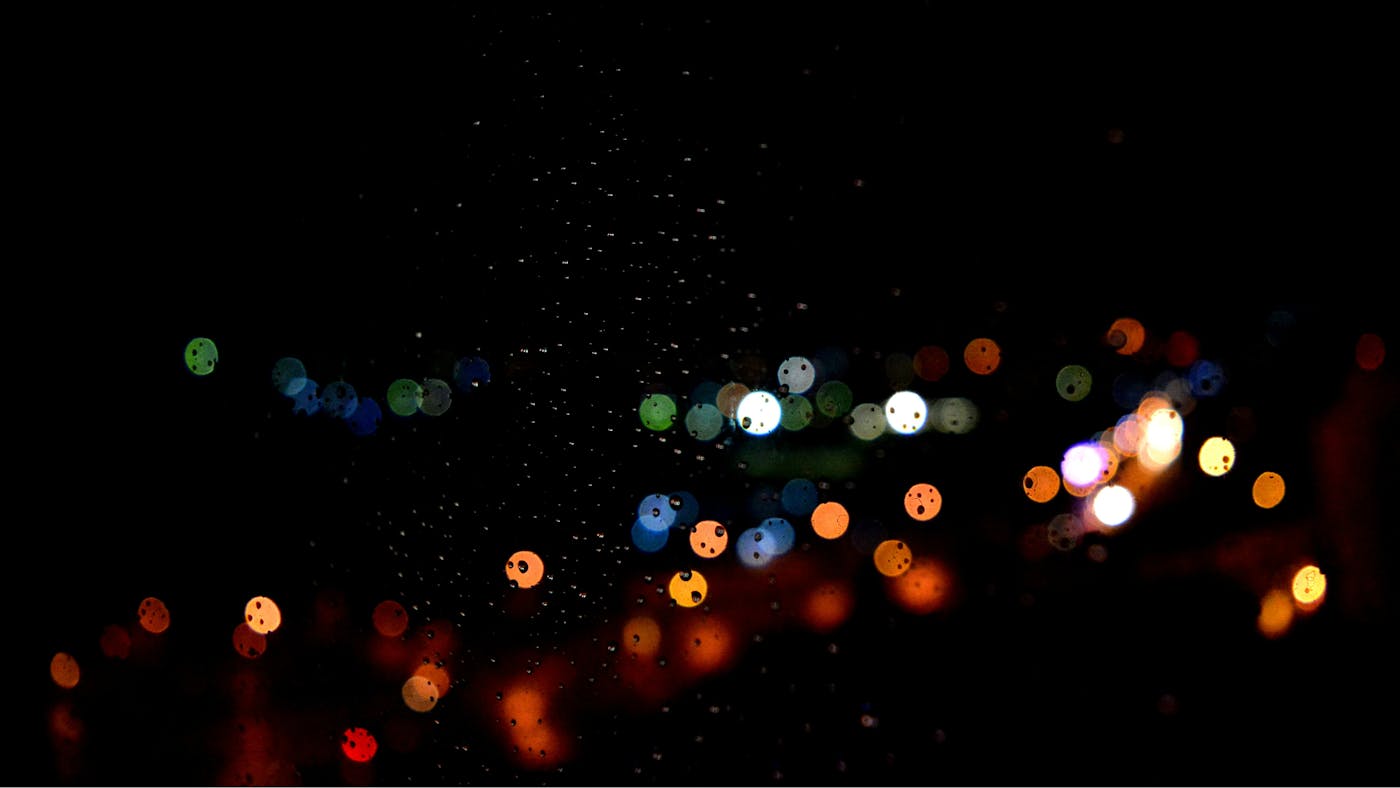5-25-18 The Devil is Not in the Details
The Devil Is Not in the Details
Fighting Temptation with Specific Truth

The power of temptation lies in the impression it makes on us.
This statement is true in two senses. One, the power of temptation resides in the impression it makes on us. And two, the power of temptation deceives in the impression it makes on us.
In saying that temptation’s power lies in the impression it makes on us, I’m referring to the very moment of temptation, when we recognize and feel its luring appeal. But deceitful impressions only have a luring appeal to the degree that we already have a vulnerable disposition to a sinful desire:
But each person is tempted when he is lured and enticed by his own desire. Then desire when it has conceived gives birth to sin, and sin when it is fully grown brings forth death. (James 1:14–15)
The devil can’t make us sin; he can only appeal to our propensity to desire sinful things. So in a moment of temptation we are fighting on two fronts: we need to “resist the devil” (James 4:7), and we need to resist our desires. This is why the way of escape from temptation to sin often is to employ a healthy dose of realism and truth-in-advertising to it — not accepting the tempting impression at face value. In our fight, then, truthful clarity is premium.
Diabolical Impressionist
The devil is not an artist but a vandal. He doesn’t create; he distorts, disfigures, and defaces what God makes. But if satanic temptation were to be an artform, we might call it some twisted sort of Impressionism.
In painting, Impressionism is an approach where an artist’s goal isn’t to portray his objects as realistically as possible, but rather to use color, lighting, and typically less defined lines in order to evoke certain visual and emotional sensations — impressions — in a viewer. Think Claude Monet’s Bridge over a Pond of Water Lilies or Woman with a Parasol. It can be a powerful and beautiful style.
But when applied to temptation, diabolical “Impressionism” becomes powerful and terrible. The devil doesn’t employ realism when painting a temptation “because there is no truth in him” (John 8:44). His goal is to use the spiritual equivalents of color, lighting, and less defined lines to evoke certain sinful emotional sensations. The power is in the momentary emotional impression it makes on the “viewer.” The devil doesn’t want us to see the real thing; he just wants us to experience a rather vague impression that yielding to the temptation will bring happiness.
Diabolical Marketer
But since the devil is not an artist, we could make another analogy that might be more accurate and think of him as an evil marketer.
Marketing itself, of course, is not evil. At its most basic meaning, marketing is simply bringing a product to market. Think of an open-air market where merchants are competing for customers and are trying to make their booths and products and prices attractive. There’s nothing wrong with this, provided that merchants are truthful about their products.
However, we live in an age of very sophisticated marketing, a fair amount of which is manipulative and misleading. Such marketers make diligent study of human psychology in order to understand the subtleties of human motivation and behavior. Then they use this knowledge in order to create advertising communications designed to entice people to purchase their products by appealing to powerful human appetites and desires and aspirations and fantasies, which often have no necessary connection to the products themselves. They use temptation tactics: create deceptive impressions on people in order to manipulate their behavior in ways that benefit the marketers.
This is precisely what the devil does. And no one is a more effective manipulative marketer. In this sense, the power is in the deceptive impression the temptation has on us. The devil does not want us to ask too many questions about the actual sin-product and whether it can (or ever has) delivered the happiness it promises. He just wants the impression that it will deliver, in order to tap into our influential sinful desires and to encourage us to be “impulse buyers.”
Way of Escape
Tapping into sinful cravings we already are vulnerable to, the power of temptation lies in the impression it makes on us. It lies in its immediate, compelling sensory nature, and it lies in its potently deceptive nature. In certain colors, in certain light, and in kind of an undefined way it gives us the impression it has the power to make us happy. And in vague yet strongly asserted ways it impresses us with promises to make us happy.
And here is God’s promise to us regarding every temptation:
No temptation has overtaken you that is not common to man. God is faithful, and he will not let you be tempted beyond your ability, but with the temptation he will also provide the way of escape, that you may be able to endure it. (1 Corinthians 10:13)
Sometimes flight is the best escape from temptation. We usually know which temptations we ought not to sit and reason with in the tempting moment.
But many times, flight is not an option, or it’s not the best strategy or long-term solution to repeated temptations. In many cases, the escape God provides us is to treat Satan and our indwelling sin the same way we are to treat any other distorters of the gospel: to “take every thought captive to obey Christ” (2 Corinthians 10:5). In a tempting moment, this typically looks like pressing the enticing impression into the clarity of truth. What precisely is being promised to us? What does God have to say? And who do we wish to trust, and why? This is essentially how Jesus resisted the tempting mirage momentsSatan placed before him in the wilderness (Luke 4:1–13).
Here’s the point: the devil doesn’t want us to think clearly in the moment of temptation. He wants to deceive us with appealing vague pictures and compelling vague promises and obscure the destructive consequences of sin behind a pleasurable impression of happiness. We must not believe this impression; we must not buy on impulse.
Kill temptation with honest questions as much as you can. And flee if you must.

Comments